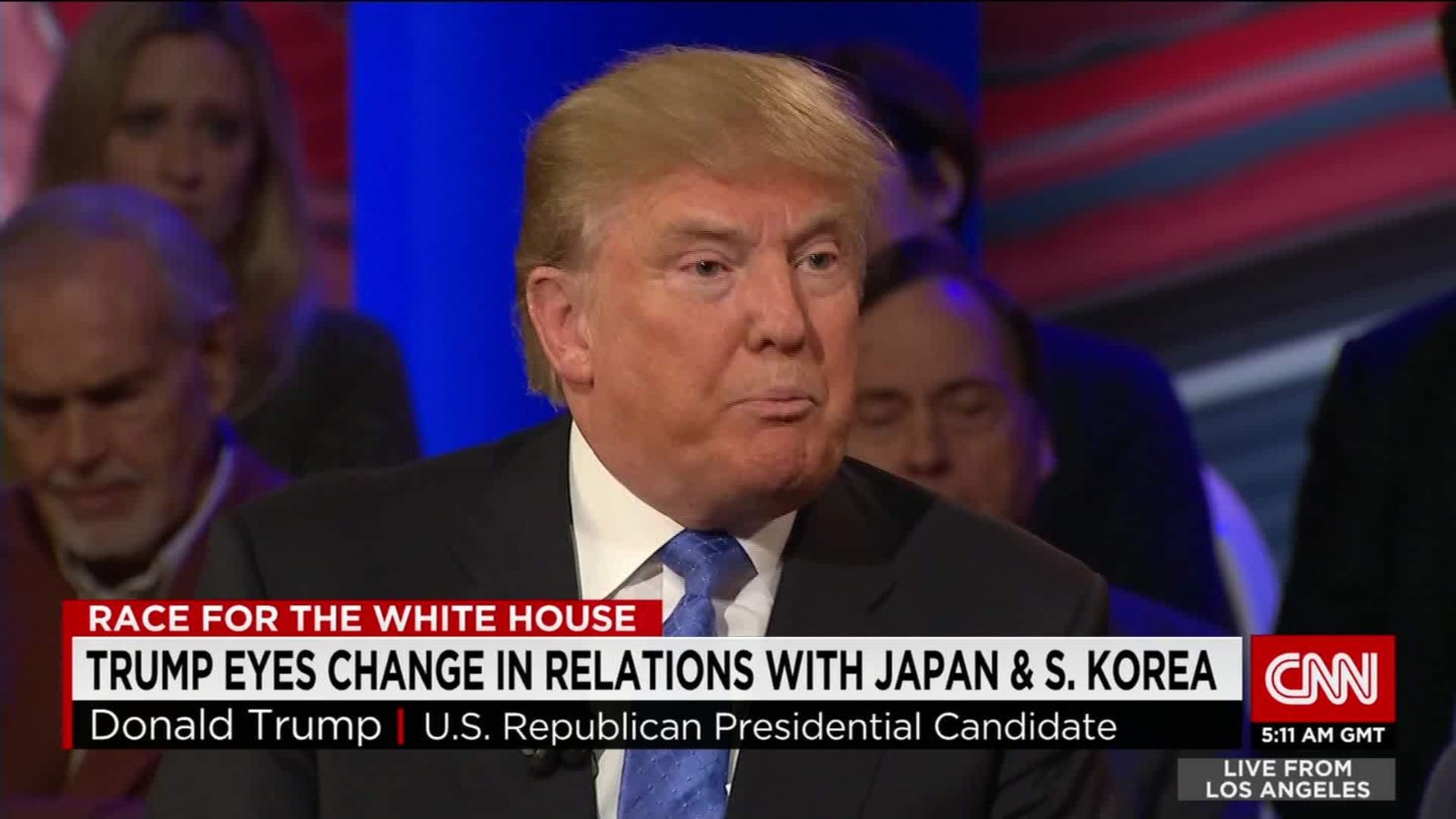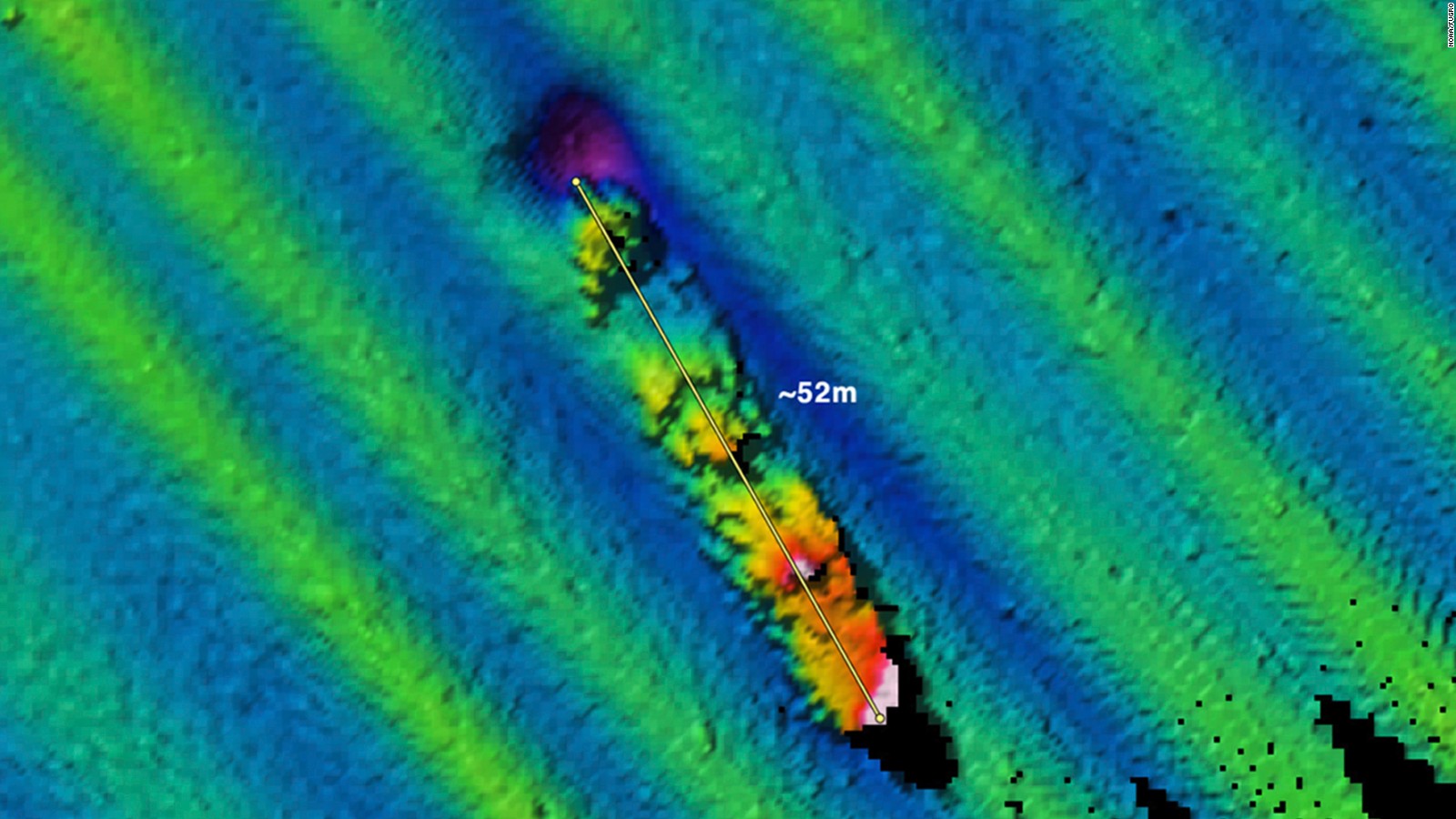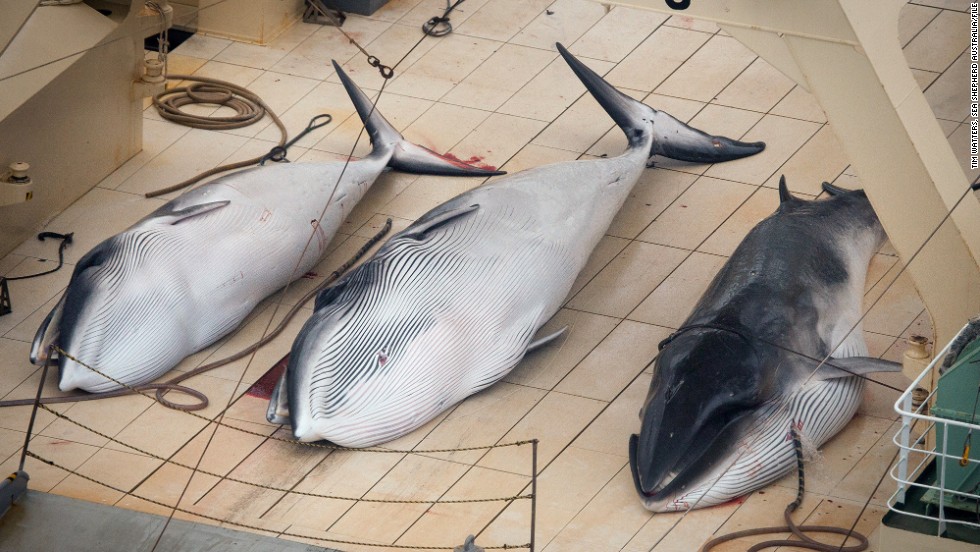Two
explosions -- including at least one suicide bomb -- struck Brussels
Airport at about 8 a.m. before another blast hit a subway station in the
heart of the city. At least 34 people were killed in the attacks and
170 wounded, according to Belgian media.
Jef
Versele, from the Belgian city of Ghent, was making his way to check-in
for a flight to Rome when he heard a loud noise from the airport's
departure hall several floors below him.
"At
first I was not aware that it was a bomb," he told CNN. "I had the idea
that an accident had happened in a food court or something like that."
The
explosion set off a panic, with people screaming and running through
the terminal, before a second blast followed, "which was in my eyes much
more powerful than the first one."
The second explosion left wounded people strewn across the floor, blew out windows and collapsed ceiling panels.
"A lot of people were on the floor. They were injured," he told CNN. "It was quite a mess."
He said about 50 to 60 people were injured on his level of the airport, while the scenes on the lower levels were even worse.
"I think I was lucky, I was very lucky. I think I have a guardian angel somewhere."
It was about 10 minutes before emergency
services and security forces arrived and began tending to the casualties
and evacuating people to the parking lot, Versele said, where he was
able to reach his car and leave the scene.
He
said it was hard to believe the scenes he had witnessed. "We cannot
believe it, it was so insane. You think not in my backyard."
Luggage trolleys used as stretchers for wounded
At
the Sheraton Brussels Airport Hotel, directly opposite the airport
terminal, Anthony Barrett heard a loud noise at about 8 a.m. that
"sounded like somebody moving furniture in the hotel room above me."
"When I opened the curtains and looked
out, I could see people fleeing the terminal building," said Barrett,
who had been attending a conference at the hotel and had been due to fly
home to Britain on Tuesday. Footage from the scene showed panicked
passengers running along the roads to get away from the carnage.
"It's clearly a very serious incident," he said.
From
his vantage point in the hotel, Barrett said he saw dozens of wounded
carried out on stretchers or luggage trolleys to ambulances as medics
and security personnel swarmed on the scene.
"I can see a man carrying somebody who looks very injured," he told CNN as he watched events unfold.
Maalbeek attack: 'We heard some noises that shouldn't be there'
About
an hour later, another blast struck the subway station of Maalbeek in
central Brussels, near the European quarter, where much of the European
Union is based.
Sander Verniers was riding the subway, in between stations, when he heard and felt the blast.
"I think I was in the subway right behind the one that carried the bomb," he told CNN.
"We
all kind of felt a strong wind coming through the carriage, through the
subway, and then we heard some noises that shouldn't be there."
The
train braked to a halt, passengers opened the emergency exit and were
evacuated through the subway tunnels by security forces, fleeing through
smoke.
"There was a lot of smoke," he said. "They organized it pretty good, they made sure there wasn't any panic."
Serge Massart was in a nearby European Commission building when he also heard and felt the blast.
"We all felt the building was shaking, a vibration," he said. Crowds began to pour out of the subway station.
Gavin Sheridan tweeted that there were
dramatic scenes around the Maalbeek station after the blast, with some
people visibly upset.
"A young lady walked passed me in tears," he tweeted.
"One
clearly distressed and angry commuter shouted at the hacks
(journalists) 'You have no idea what's down there. Bodies...' before
storming off."
Danger 'is getting close'
Richard
Medic told CNN he arrived at Maalbeek station shortly after the attack
to find it cordoned off, with emergency services at the scene.
"I think after the Paris attacks we had been expecting that something like this would happen," he said.
"I don't think it was unexpected."
He
said he personally had not changed his routine, although he had noticed
a greater vigilance and increased security given the heightened recent
terror threat.
"I walk past the
European Commission every day to take my daughter to day care," he said.
"We walk past soldiers with guns and heightened security and people
checking badges a lot more than they used to -- but I think most people
go about their daily routine."
Versele,
the airline customer from Ghent, told CNN he was a frequent flier from
Brussels Airport and had never considered there was any danger attached
to traveling from the facility.
"But now, to be honest, it's getting quite close," he said.
He
said it was important not to shy away from traveling or living life as
normal "to prove that we are not afraid of" those behind the attacks.
But
he said maybe authorities are "finally realizing that they have allowed
a few people who should not be allowed here. It's a pity these things
have to happen before they get aware there's a serious problem."
CNN's Chris Cuomo, Euan McKirdy and Paul Armstrong contributed to this report.





